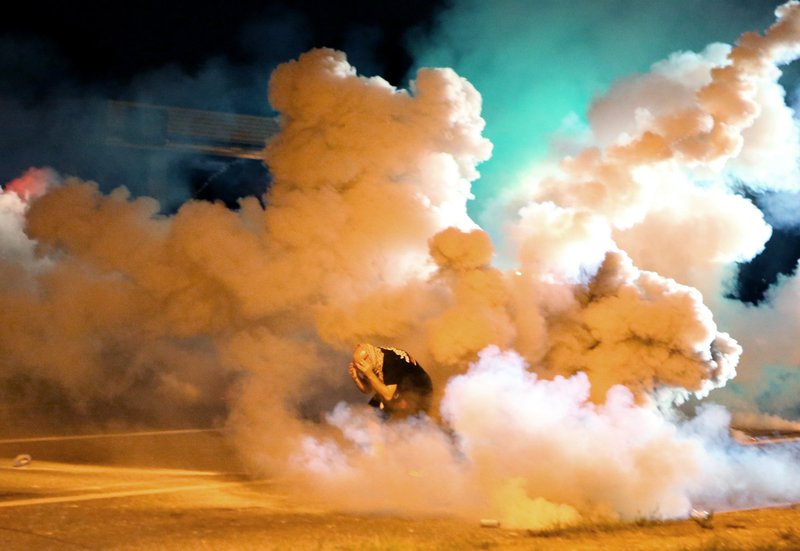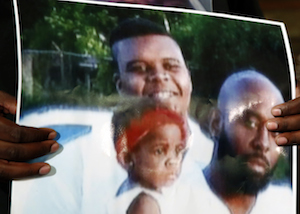ST. LOUIS -- A federal judge has imposed some limits on what actions police can take during protests in Missouri, ruling that officers must give demonstrators a reasonable chance to disperse before deploying chemical agents.
U.S. District Judge Carol Jackson late Thursday granted a temporary restraining order on behalf of demonstrators protesting the Aug. 9 shooting death of 18-year-old Michael Brown by Ferguson police officer Darren Wilson.
Brown's death led to weeks of protests and some looting in the St. Louis area.
The ruling stems from a lawsuit filed by six protesters against leaders of the "unified command" established by Gov. Jay Nixon in August to handle security at those protests -- Missouri State Highway Patrol Capt. Ron Johnson, St. Louis County Police Chief Jon Belmar and St. Louis Police Chief Sam Dotson.
Police testified Thursday that they did what was necessary during the often unruly demonstrations. But protesters told the judge that they were subjected to tear gas with virtually no warning.
Jackson's order requires police to warn crowds of the impending use of tear gas, pepper spray and other chemical agents and provide "reasonable" time for people to disperse before tear gas is deployed. The ruling does not define what is reasonable, leaving that to police discretion.
Jackson wrote that evidence "establishes that law enforcement officials failed to give the plaintiffs and other protesters any warning that chemical agents would be deployed and, hence, no opportunity to avoid injury."
Her order also prohibits use of chemical agents on "non-criminal" protesters "for the purpose of frightening them or punishing them for exercising their constitutional rights."
Jackson set a preliminary injunction hearing for Jan. 6 to consider whether to extend the temporary order.
Thomas Harvey, an attorney for the protesters, called it a "great ruling."
"We were simply asking the judge to require police to make it possible for law-abiding citizens to comply with their order to disperse and give them time to exit the area prior to tear gas being deployed," Harvey said Friday. "They need to separate criminals from protesters and she made the distinction very clear."
St. Louis City Counselor Winston Calvert said the ruling has little effect because it is consistent with existing policy of the city's police force.
He called it a "common-sense order that will allow the St. Louis Police Department to continue to protect protesters' constitutional rights, keep people safe and protect people's homes and businesses."
Messages seeking comment from attorneys and representatives for the Highway Patrol and St. Louis County police were not immediately returned.
Protests against police brutality have spread across the country since Nov. 24 when St. Louis County prosecutor Bob McCulloch announced the grand jury decision not to charge Wilson with a crime. Fueling the movement, another grand jury in New York decided to not indict a white officer in the death of Eric Garner, who died gasping "I can't breathe" while police were trying to arrest him on charges of selling loose, untaxed cigarettes.
A Section on 12/13/2014

